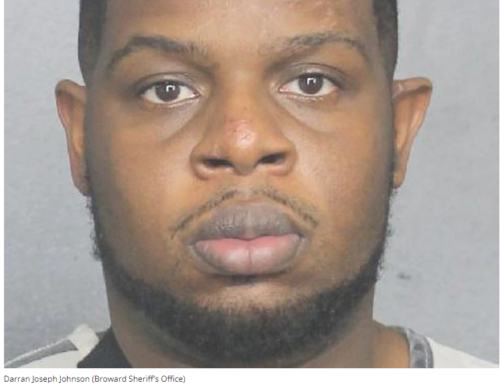FORT LAUDERDALE, Florida. Can a hospital stop a person from donating an organ to save his child’s life? What if he is in trouble with the law? According to the Atlanta Journal Constitution, one hospital did just that when a father was put in jail for violating parole. The hospital told the father that it could not perform the operation for a kidney donation until the father exhibited three months of good behavior. For the son, who has no kidneys, a three month wait could lead to medical complications or his condition worsening. As it stands, the boy undergoes 10 hours of dialysis every day. If he were to receive a kidney, he could go off dialysis and have the chance to have a normal healthy childhood.

The hospital claims that it has the right to deny the father the right to donate his kidney because his prior bad behavior makes it questionable whether he is in a sound mental state to take care of his recovery after the surgery that is required for the donation to take place. This is actually standard practice across medical centers. This raises questions about individual rights. Should those who have had contact with the criminal justice system be denied the right to donate their organs?
According to QZ, the hospital may be concerned about the psychological health of the father. No hospital wants its donors to later regret giving up their kidney. Hospitals take pains to ensure that patients are mentally and physically fit to undergo the surgery. Yet, if a person has signed the paperwork, understands the risks, and still wants to go forward with the donation—and for a family member, no less—should the doctors have the right to veto this decision?
Yet, QZ notes that individuals and families who need kidney donations are often poor or racial minorities. Doctors tend to be white and affluent. They may not be in the best position to make a determination of what these patients and donors may want.
In fact, many doctors have advocated that donors receive lifetime health insurance and other benefits. There simply are not enough donors out there.
This story is yet another way in which individuals stuck in the criminal justice system face oppression. A criminal conviction can lead to parole. A parole violation can lead to other serious consequences and even to collateral consequences, such as losing the right to donate an organ. Even small parole violations can land a person in jail.
Individuals who have been found guilty of criminal charges may face greater difficulty finding work, getting accepted to certain college programs, and may suffer discrimination in their communities. They may not be able to access federal or local aid programs and, in some states, individuals who have been found guilty of felonies are denied the right to vote.
If you or a loved one is facing criminal charges in Fort Lauderdale, Florida, visit the criminal defense attorneys at the Law Office of Michael D. Weinstein, P.A. today. Our lawyers can fight to protect your rights. Police make mistakes. Prosecutors make errors. Don’t let an error in the criminal justice system ruin your life. Contact our firm today or visit our website: https://mdwlawfirm.com/.






